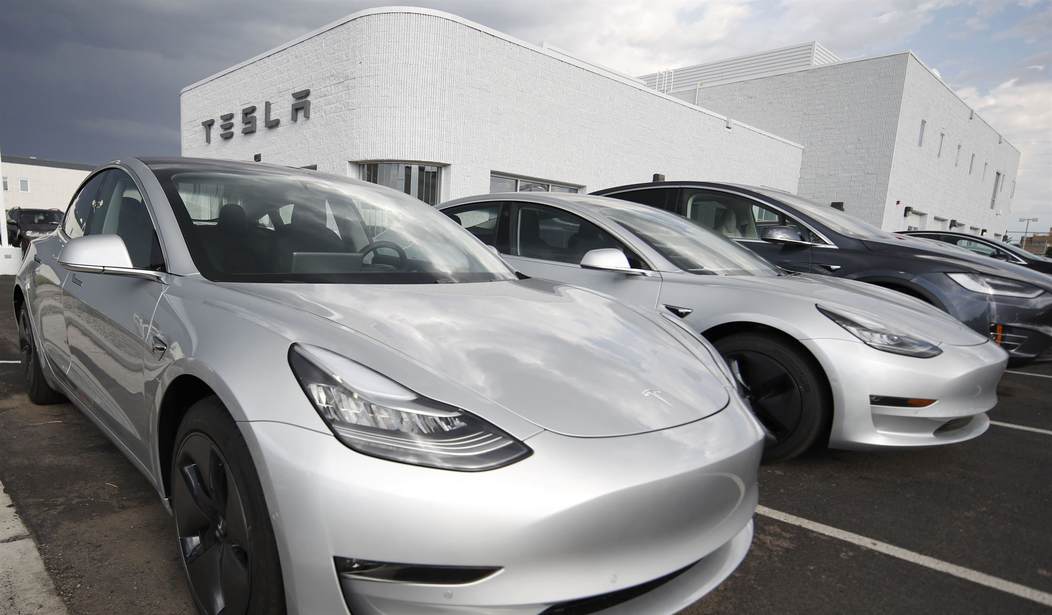I have absolutely nothing against electric vehicles. And just as soon as they build one that performs as well as a gas-powered auto, I’ll buy one.
I’ll buy it if I can afford it, that is; the average price for an EV is about $66,000 — and that’s with a hefty subsidy. And, of course, EVs need to be recharged, meaning more stops than if you were driving a gas-powered car. I’m not into how powerful an engine is; if it gets me from point A to point B, that’s good enough for me.
But once they get those little problems fixed, and EVs are priced in line with gas cars and their range is comparable, I will have no problem getting one.
Related: ‘Practically Unviable’ for Volkswagen to Build EV Batteries in High-Cost Europe
And the good news is that the price is likely to come down fairly rapidly over the next few years. Domestic EV battery production is going through the roof thanks to government incentive programs.
If a manufacturer produces 70-kWh batteries for 1 million vehicles, its total credits would be worth $2.45 billion a year.
By the numbers: When the bill was being debated last summer, the Congressional Budget Office projected the tax credits would add up to about $30.6 billion over 10 years (including credits for solar and wind manufacturing).
The actual total will almost surely be much higher, thanks to a surge of new battery plants across the country.
One estimate, prepared by Benchmark Mineral Intelligence for Axios, pegs the cost of the battery rebates at $136 billion over 10 years — and Tesla has already announced new plans that will drive the number even higher.
Tesla expects to earn up to $1 billion in tax credits this year. Elon Musk said the value of such credits could become “very significant” and potentially “gigantic” in future years.
Ramping up EV battery production is critical if the electric car industry is going to take off. Right now, most batteries are manufactured in China. It’s a question of national security that a domestic EV battery industry is created, given the critical importance that lithium-ion batteries will have to the military and to consumer products in the next decade.
But these massive subsidies are only enriching giant corporations and perhaps picking and choosing winners and losers. While no one doubts the tax credits will goose EV battery production, at what cost to the consumer in uncompetitive subsidies?
These subsidies and tax credits are worth hundreds of billions of dollars. I wonder if at least some of that money couldn’t be put to better use.










Join the conversation as a VIP Member